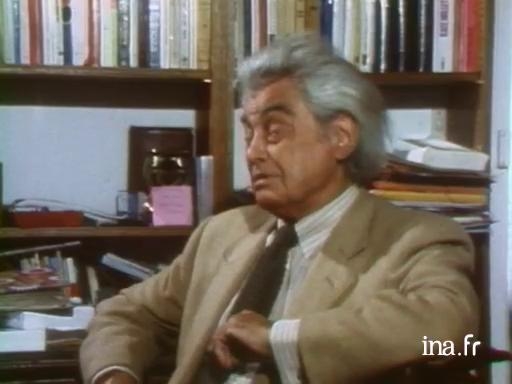Joris Ivens

Information
Joris Ivens talks about the birth of his vocation to be a documentary maker.
Context
A key international figure in world documentaries, the Netherland's Joris Ivens (1898-1989) started out by doing experimental and poetic essays on the movement (The Bridge in 1928 and The Rain in 1929) before choosing the more realistic route of testimony.
A tireless surveyor, he never stopped taking into account the world's metamorphoses, giving priority to places that could captivate functioning utopias. Present in the USSR (Song of Heroes, 1932), and also in Spain (The Spanish Earth, 1937) and China (The 400 Million, 1938), Ivens the humanist always stood beside the humble and those that brought hope. However, the "flying Dutchman's" films - Georges Sadoul's expression - didn't hesitate to denounce things, from Borinage (1933), which described miners' conditions, to The Threatening Sky (1967) which discusses Vietnam. His latest work, A Tale of the Wind (co-produced by Marceline Loridan in 1988) takes into account the most beautiful of utopias, telling the story about an old man who wants to film the wind.























